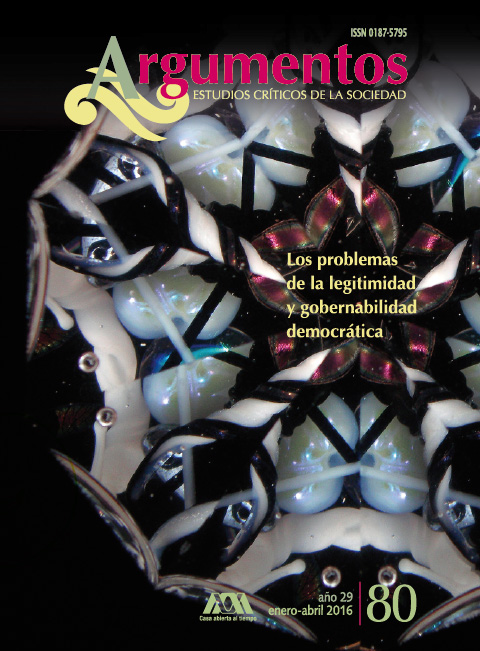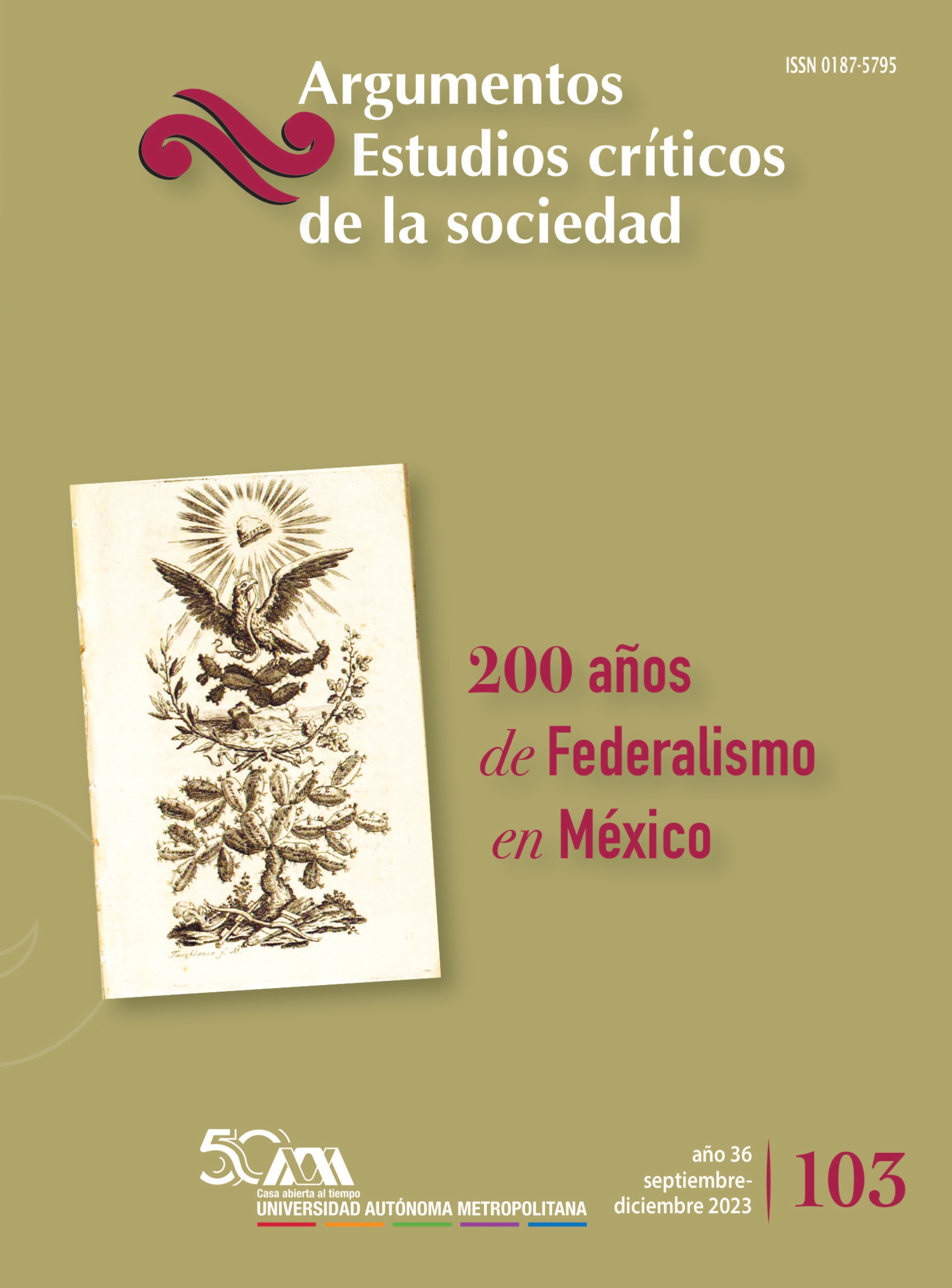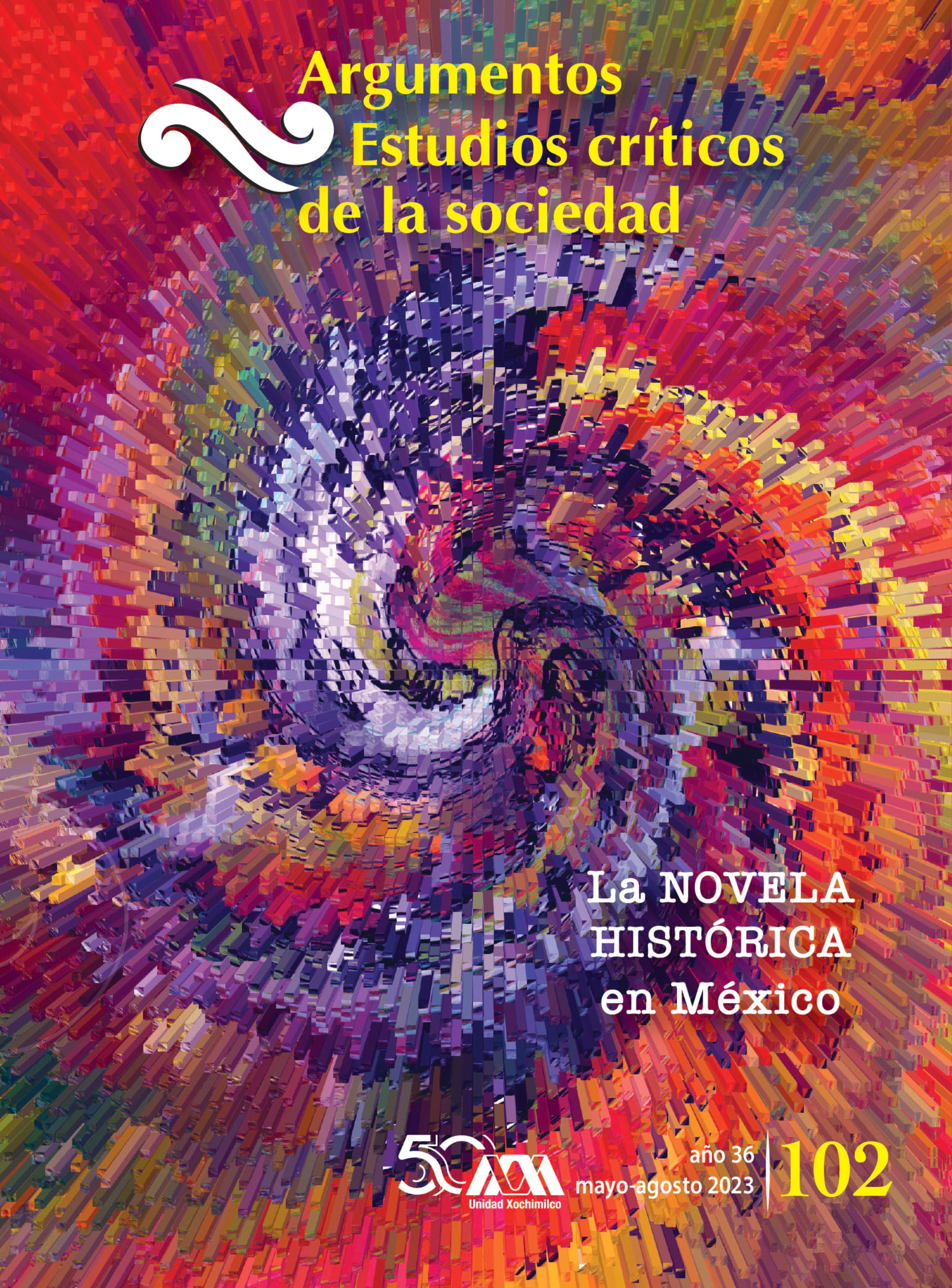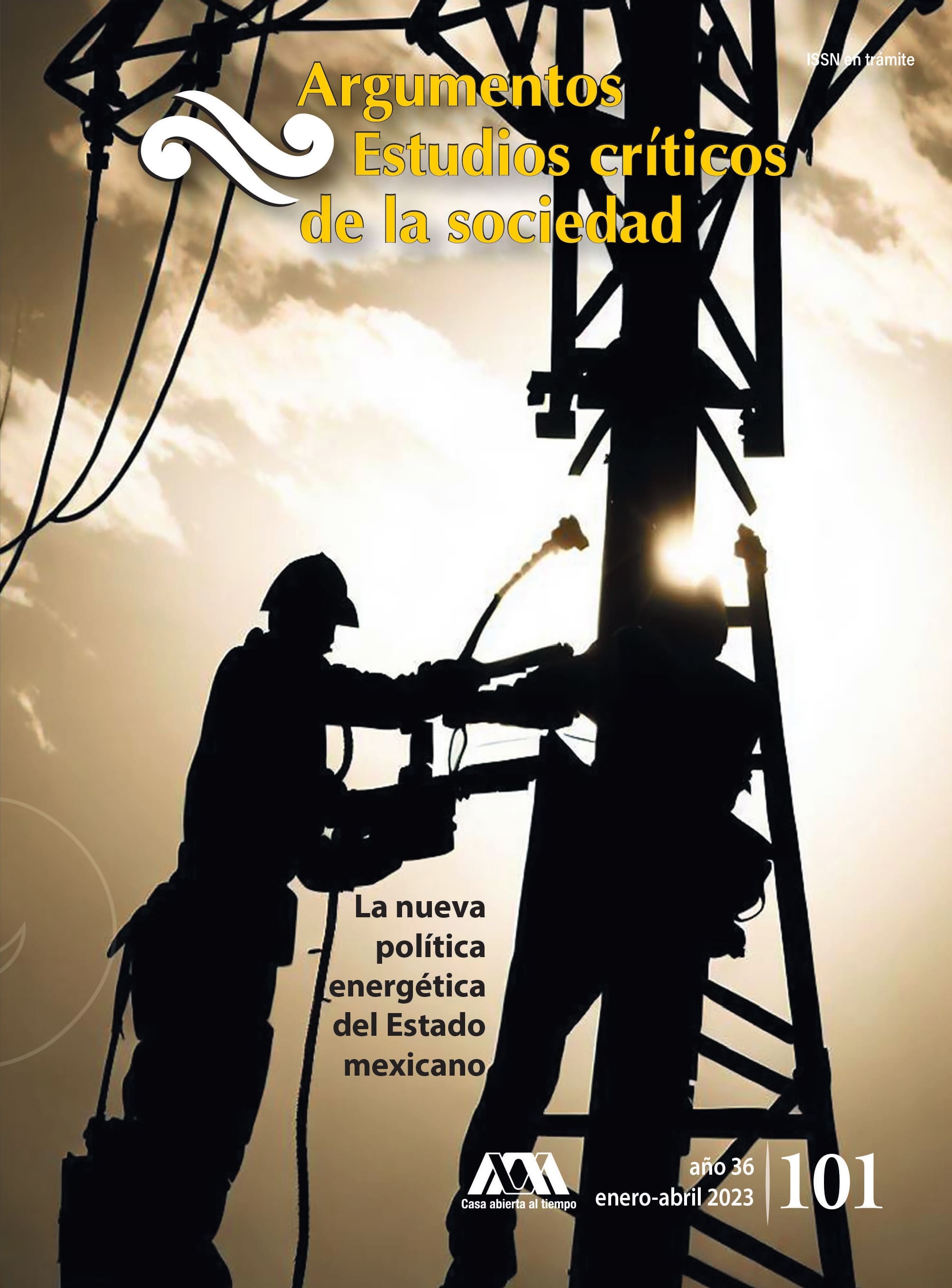Una alternativa al sufragio universal
Keywords:
democracy, suffrage, inclusion, political rights, electionsAbstract
The design of novel institutional arrangements to improve the functioning of modern democracy is one of the most interesting areas in contemporary democratic theory. But the institutional core of this form of government, specifically free elections with universal suffrage, is typically regarded as out of bounds for purposes of institutional innovation. Most democratic theorists would regard any deviation from the principle of “one person, one vote†as unjustifiable. But this is assumed as an article of faith, without giving a robust philosophical argument. In this article I argue that this dogma does not withstand serious scrutiny: there is at least one alternative to universal suffrage that has escaped the imagination of democratic theorists –I call it enfranchisement lottery– the adoption of which would be morally acceptable, at least in certain real-world circumstances, even though it would exclude the vast majority of the population from the electorate. My goal is not to promote the adoption of this system, but merely to show that one of the most established beliefs among the defenders of modern democracy lacks a good foundations: the idea that coting is a human right.
References
De Tocqueville, Alexis (1994). La democracia en América. México: Fondo de Cultura Económica.
Friedman, Jeffrey (1998). “Introduction: Public Ignorance and Democratic Theory”, Critical Review, vol. 12, núm. 4, Oakland: Routledge, pp. 397-411.
Hampton, Jean (1994). “Democracy and the Rule of Law”, en Ian Shapiro (ed.), The Rule of Law, Nueva York: New York University Press.
Lindsay, A.D. (1967). The Essentials of Democracy. Oxford: Clarendon Press.
López-Guerra, Claudio (2014). Democracy and Disenfranchisement: The Morality of Electoral Exclusions. Oxford: Oxford University Press.
Manin, B., A. Przeworski y S.C. Stokes (1999). “Elections and Representation”, en Przeworski, A., S.C. Stokes y B. Manin (eds.), Democracy, Accountability, and Representation. Cambridge: Cambridge University Press, pp. 29-54.
Ober, Josiah (2007). “Natural Capacities and Democracy as a Good-in-Itself ”, Philosophical Studies, vol. 132, núm. 1. Nueva York: Springer, pp. 59-73.
Przeworski, Adam (2010). Democracy and the Limits of Self-Government. Cambridge: Cambridge University Press.
Rawls, John (1995). Liberalismo político. México: Fondo de Cultura Económica.
Russell, Hardin (2006). “Ignorant Democracy”, Critical Review, vol. 18, núm. 1-3, Oakland: Routledge, pp. 179-195.
Sniderman, Paul M., Richard A. Brody y Philip Tetlock (1991). Reasoning and Choice: Explorations in Political Psychology. Cambridge: Cambridge University Press.
Stuart Mill, John (1988). “The Admission of Women to the Electoral Franchise, 20 May, 1867”, en The Collected Works of John Stuart Mill, vol. XXVIII. Toronto: University of Toronto Press.
Thompson, Dennis (1998). “Who Should Govern Who Governs? The Role of Ignorance in Electoral System”, en M.E. Warren y H. Pearse (eds.). Designing Deliberative Democracy: The British Columbia Citizens’ Assembly. Cambridge, Mass.: Cambridge University Press.








